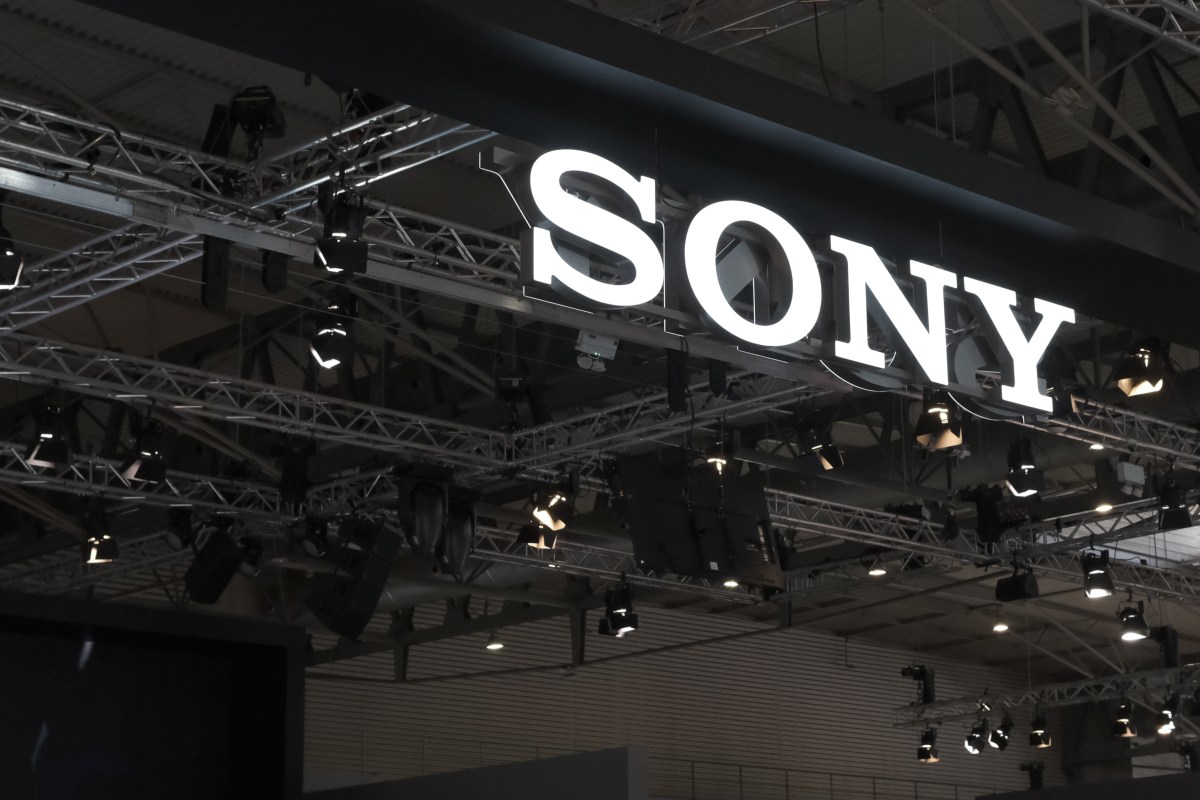Boeing bleeds another $125M on Starliner program, bringing total losses to $1.6B | TechCrunch
Boeing has lost another $125 million on its Starliner astronaut capsule program due to delays in its first crewed flight test, which was supposed to last just eight days — and has now been on orbit for almost two months.
The aerospace giant has lost $1.6 billion on Starliner, including the $125 million, which was reported to regulators in a quarterly filing. While the company was awarded a massive, $4.2 billion contract to accelerate Starliner development in 2014, it was structured as a “fixed-price” model. That means any cost overruns are solely the contractor’s responsibility.
SpaceX was also awarded a fixed-price contract for astronaut transportation services for $2.6 billion at the same time, and has been fulfilling its contracted obligations for the space agency with the Crew Dragon capsule since 2020.
But while SpaceX’s crewed services have soared — to include missions for both NASA and private customers — Boeing has struggled. Under the two contracts, NASA said it would buy six crewed launches each from Boeing and SpaceX, but due to Starliner delays, NASA has purchased an additional eight missions from SpaceX. The Elon Musk-led company is now the only provider of astronaut transportation services for the space agency.
Serious issues discovered during an uncrewed test flight in 2019 pushed back the date of another test by two years. The company had a moment of brief victory in 2022, when that uncrewed mission was finally successful, but additional problems discovered afterward pushed the crewed flight test to this June.
That mission, which launched on June 5, delivered NASA astronauts Butch Wilmore and Suni Williams to the ISS. But it didn’t go entirely smoothly; a number of issues, including malfunctioning thrusters, have led Boeing and NASA officials to delay the return of the two astronauts for weeks.
This loss and others has made Boeing executives reticent to take on more fixed-price contracts in the future: “Based on the lessons that we’ve learned in taking on these fixed-price development programs, we have maintained contracting discipline for all future opportunities,” outgoing CEO Dave Calhoun said on an earnings call.
It’s likely that Boeing will incur further losses in the program. NASA has already said it would push back the first Starliner mission to no earlier than August 2025, yet another delay for the program. In an absolute worst-case scenario, major modifications to Starliner’s propulsion system could be very costly.
As of right now, Starliner does not have a return date to Earth. The agency said it was aiming to wrap up a final readiness review in the first week of August and make a decision on the return date at that point. A thruster test conducted on orbit was promising, however, with NASA saying in a July 30 update that the preliminary results showed that the thrusters are back to “preflight levels” of performance.




